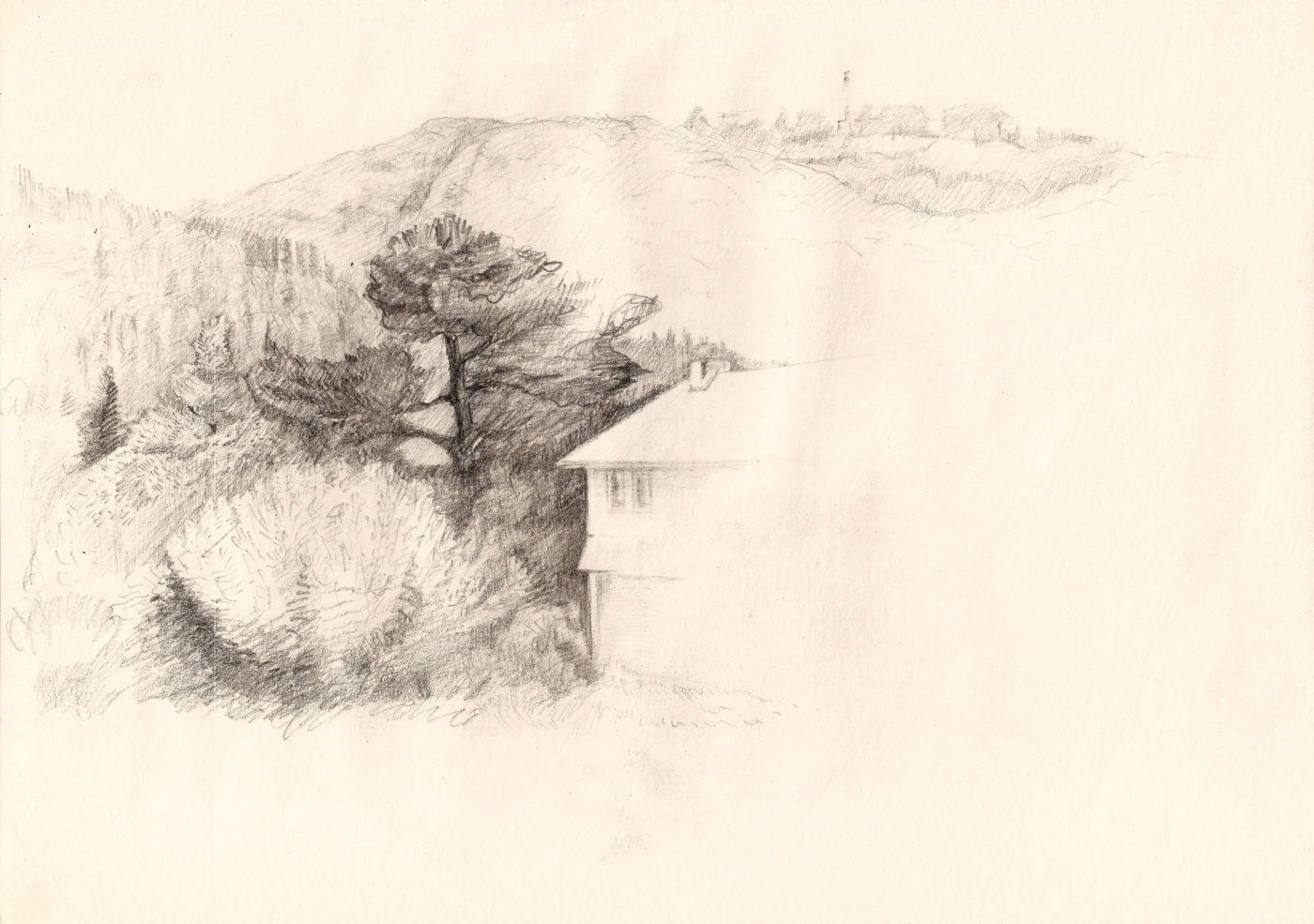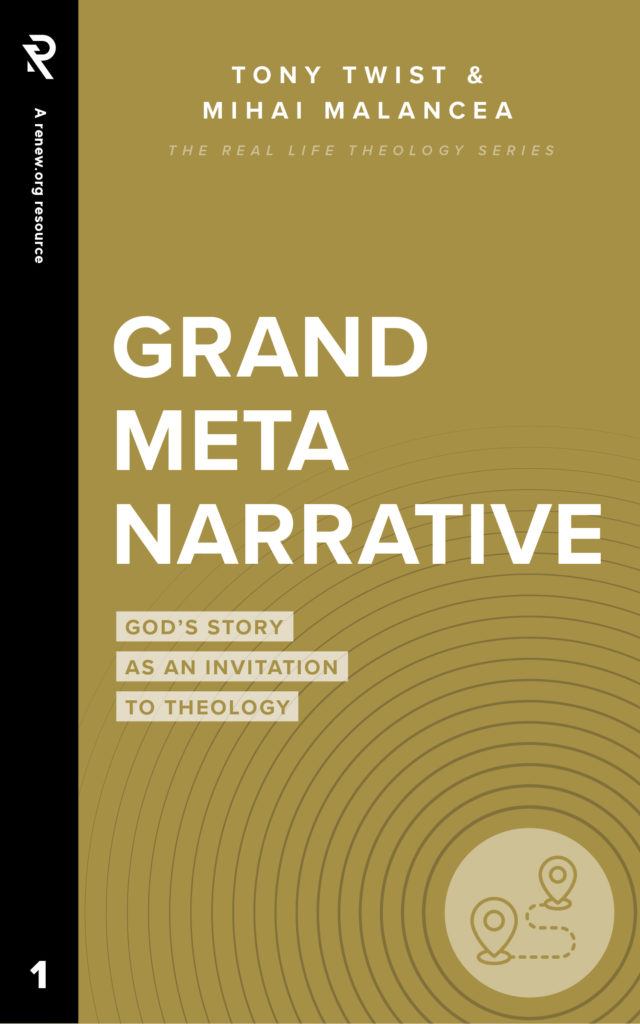
When a Story Is Cut Tragically Short
Helping my 4-year-old son at bedtime means I’ve had to become a creative story machine. Sometimes the machine is out of order. I’ve found myself coming up with a passable premise for a story, getting halfway through, and then running out. “The end,” I’ll say to buy myself some time. He will then facepalm and say, “That’s not the end!” And I’ll say, “You’re right. Then Tom tells Billy, ‘Let’s follow the treasure map…’” and the story keeps going.
My son understands the wrongness of stories cut short. As we get older, we experience real life stories that cut off mid-plot. Such lopped off stories feel even more wrong as time goes on.
Recently, my family was praying for a young mother with a serious diagnosis. With the prognosis good and an army of prayer warriors activated, news of her death was an unexpected stab to the soul.
I responded to the tragedy the way I often process deep emotions: I wrote a song. The chorus went like this:
Life is full of hi’s and goodbyes
Made of time that crawls then flies
Setting suns that we saw rise
Stories cut short when the hero dies
Death is a rude interrupter with little regard for story etiquette. It is true that the biblical Job “died, an old man and full of years” (Job 42:17), but not before ten of his children died well before they should have. And even when people we love die “full of years,” the funerals are still full of tears.
When it comes to optimistic statements we tell each other in the midst of tragedy (e.g., “Everything happens for a reason,” “God will get you through”), I don’t want to degrade them. Some are true and some can be helpful spoken at the right time. But it’s tough to reframe an unfinished plot to bring resolution that just isn’t there.
But oh what a relief to trust a God who brings together all our cut-short stories into one grand, purposeful storyline.
Faithful people’s stories, no matter how short or tragic, are woven together by God into a grand metanarrative that begins and ends beautifully. Because I believe in this grand metanarrative, I finished the song with these words:
But unfinished plots aren’t all the world’s made of
God’s not just Alpha, he’s Omega
It’s not all dust to dust and shine to rust
It’s from him and to him and in him we trust.
I suppose this is why we Christians sing so much. Through our songs of worship and reflection, we remind ourselves that God takes our brief, sometimes-disappointing stories and gathers them up into his glorious story of redemption.
When a story is cut tragically short, we probably can’t explain why it happened and we shouldn’t try to. But here’s what we can and should do: we sing. Our songs of hope and trust spiral upward and their strands interweave with the glorious anthems heaven has been singing from eternity to eternity. Our hope isn’t grounded in this life going smoothly and uninterrupted. Our hope is that this lifetime, whatever its shape and duration, ends by merging with the ongoing epic of our forever home.
That’s why the final verse of a hymn is always the best part. It’s the part of the song that feels most like home.
Watching and waiting, looking above,
Filled with his goodness, lost in his love.
–Fanny Crosby, “Blessed Assurance”
When Christ shall come, with shout of acclamation
And take me home, what joy shall fill my heart!
–Stuart Hine, “How Great Thou Art”
The trump shall resound, and the Lord shall descend
Even so, it is well with my soul!
–Horatio Spafford, “It Is Well with My Soul”
When we’ve been there ten thousand years,
Bright shining as the sun,
We’ve no less days to sing God’s praise
Than when we first begun.
–John Newton, “Amazing Grace”









